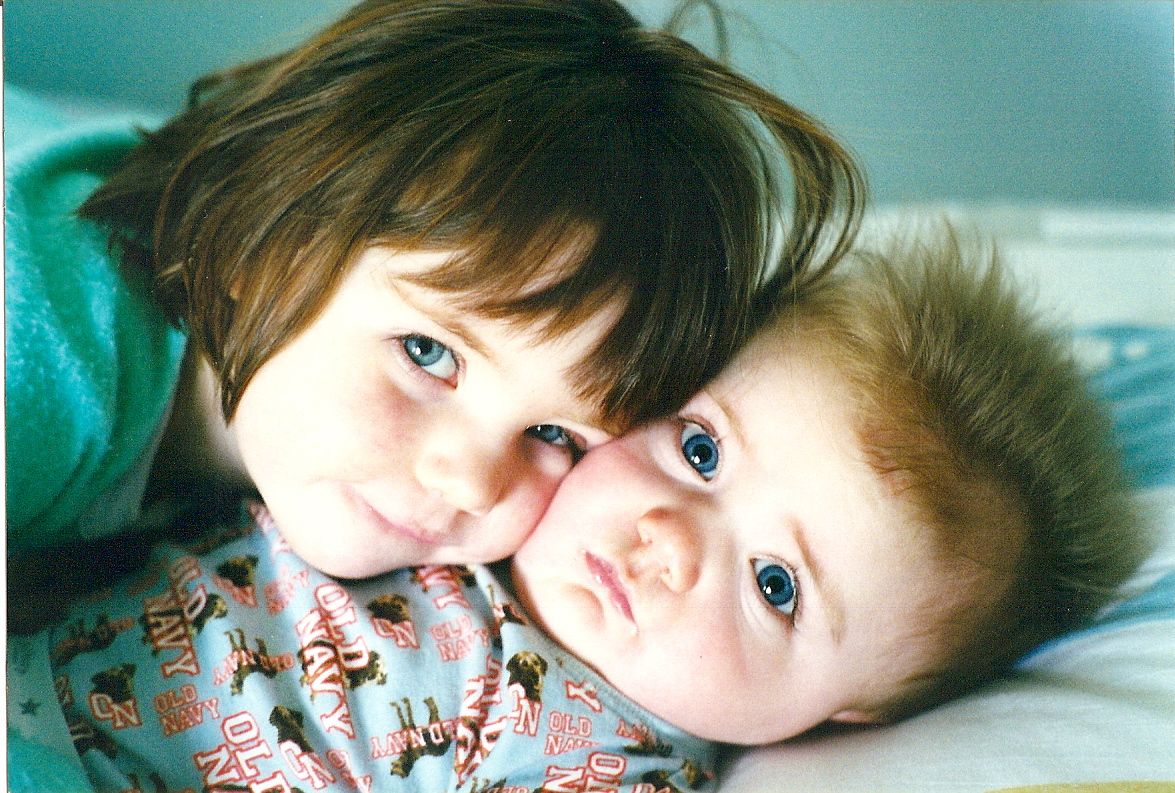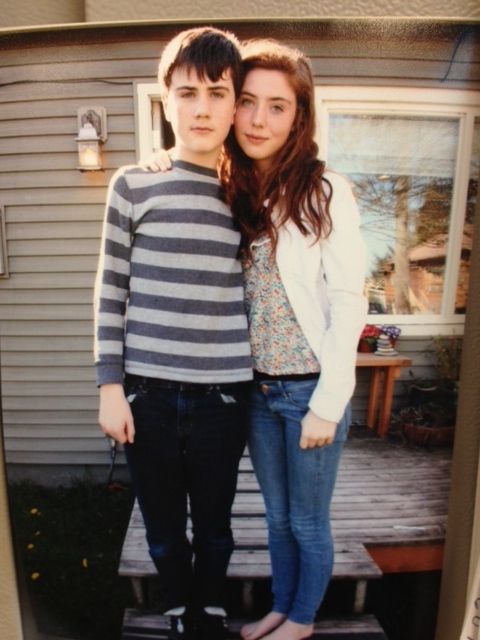 At 16 months, Arthur was not responding to his name, making eye contact, sharing his attention with us or following simple directions. He lined up toys with mathematical precision, flipped through books at lightning speed, had an unusually long attention span for letters and numbers, and seemed disconnected from the world around him.
At 16 months, Arthur was not responding to his name, making eye contact, sharing his attention with us or following simple directions. He lined up toys with mathematical precision, flipped through books at lightning speed, had an unusually long attention span for letters and numbers, and seemed disconnected from the world around him.
Knowing there is a wide range of normal at such a young age, we thought perhaps our little guy was just a late talker, inward, contemplative or maybe even experiencing problems with his hearing. His symptoms become more pronounced, and at age 19 months thankfully our doctor took our concerns seriously. We were referred to a psychiatrist and Arthur was given a diagnosis of autism at 22 months of age.
There was grief, sadness, confusion and many adjustments to be made. He was still Arthur. But now there was autism and we were told by professionals, emerging data and by other parents ahead of us that early intervention was vital.
Enrolling him in a birth-to-three program, obtaining private speech therapy and starting an Applied Behavioral Analysis program were our top priorities. I never believed in cure or recovery but I did know these services and supports could make him more able and prepare a foundation for lifelong learning and a chance that he could reach his individual potential.
We soon discovered we were on our own in terms of finding appropriate early intervention services, navigating insurance and state services, and understanding what autism meant for our son and our family. There were some exceptional people who helped us navigate the complex maze and I still think about these fine people often.
It took several months to determine the best treatment plan for our son and we soon discovered that the one therapy that we were told to start immediately, Applied Behavioral Analysis (ABA), was not covered by medical insurance. I was shocked. It was covered in other states by insurance. Why not Washington?! It was like being told your son needed insulin for his diabetes but it was not covered by insurance. And this medicine is expensive. You had to be rich, work at Microsoft, or be willing to sell your home in order to provide this essential therapy for your child.
Adjusting to the new diagnosis and our unknown future was hard enough. And then to watch our son regress, tantrum and lose skills was unbearable. My son needed intensive therapy but we could not help him. This is a very frightening feeling. We were desperate and devastated.
Just six months after my Arthur’s autism diagnosis, my dear friends and family started Friends of Arthur, an effort to raise funds through rummage sales, raffles and silent auctions to pay for our son’s ABA therapy. With generous donations from a big-hearted community we were able to pay for 15 hours of in-home ABA therapy per week for two years.
There is no way to describe the hope this generous act brought to our life. I felt like I could breathe again. And most important, Arthur was beginning to make steady progress. His social and communication skills were emerging and was overall—he was happier little boy. There were still bad days and tough times but we were actively helping our son lay a foundation so he was more prepared to learn at school, home and in his community.
Flash forward 12 years. Arthur is now 14 years old. We were able to provide various forms of play-based ABA therapy until Arthur was 9 years old. It was expensive. We dug deep, we made sacrifices. He continued to make slow but very steady progress.
 He is now a 5’10” handsome teenage boy who loves his computer, Google maps, Dr. Seuss, calendars, his school, his family, and most of all—his sister. Arthur has limited verbal ability but can communicate his basic needs and feelings using 2-3 word sentences. He was potty trained by age 7 and his self-care skills (bathing, grooming, feeding, and dressing) require assistance but he is showing emerging independence.
He is now a 5’10” handsome teenage boy who loves his computer, Google maps, Dr. Seuss, calendars, his school, his family, and most of all—his sister. Arthur has limited verbal ability but can communicate his basic needs and feelings using 2-3 word sentences. He was potty trained by age 7 and his self-care skills (bathing, grooming, feeding, and dressing) require assistance but he is showing emerging independence.
Arthur will require life-long care. He has significant social, communication and behavioral deficits. He is also an amazing human being who often brings out the best in humanity. He holds a mirror up to society reflecting our values around how we care for those who require more support and who are considered different. He expands the definition of what it means to be “normal.”
We have no way of knowing where Arthur would be without ABA therapy but we witnessed how hard this boy worked to gain skills, we saw improvements, and the data confirmed it. Our job as his parents is to keep him safe, bring out the best in him, maximize his skills, provide opportunities to take some risks, and give him a chance at happiness. For our child, ABA therapy helped us do this. He is more prepared to handle what life might dish out.
In Washington state, ABA therapy is now covered by Medicaid, Uniform Medical, Group Health, and a handful of other insurance plans. This is remarkable and this would not have happened without WAAA. Over the years I watched WAAA advocates work tirelessly for ABA coverage in our state and often against tremendous barriers, including a lack of political will in Olympia.
I am truly grateful knowing many parents in our state will not go through the trauma that my family did. ABA therapy is not recommended for every child with autism but for those who do need it, insurance coverage should not stand in the way. I believe, trust and fully support WAAA as they continue advocating for Washington state families living with autism and we can expect more insurance carriers will cover ABA in the future. We have hope which goes a long way for those of us living with autism. For now, we will stay tuned, stay connected, and we will support WAAA.
– Katrina and Ned, Arthur’s mom and dad


